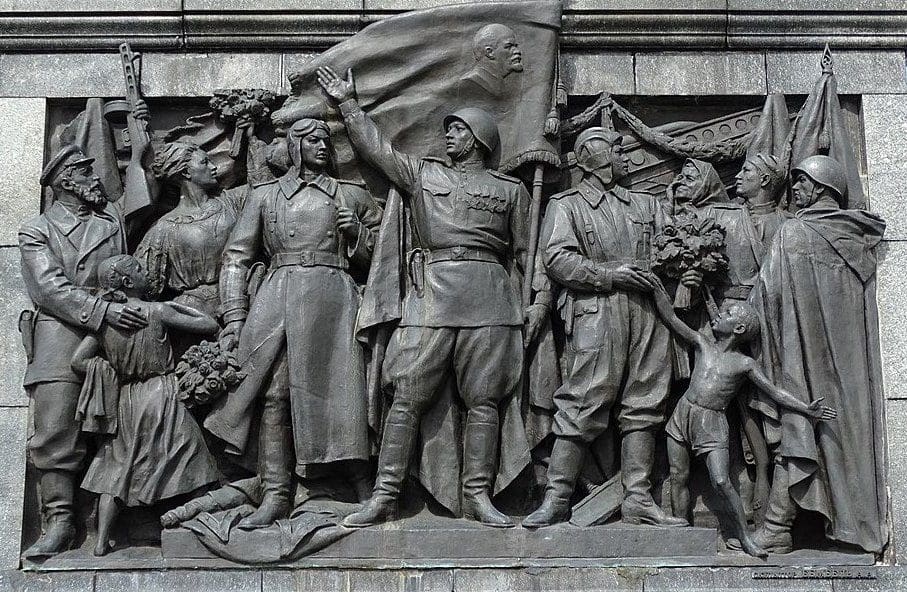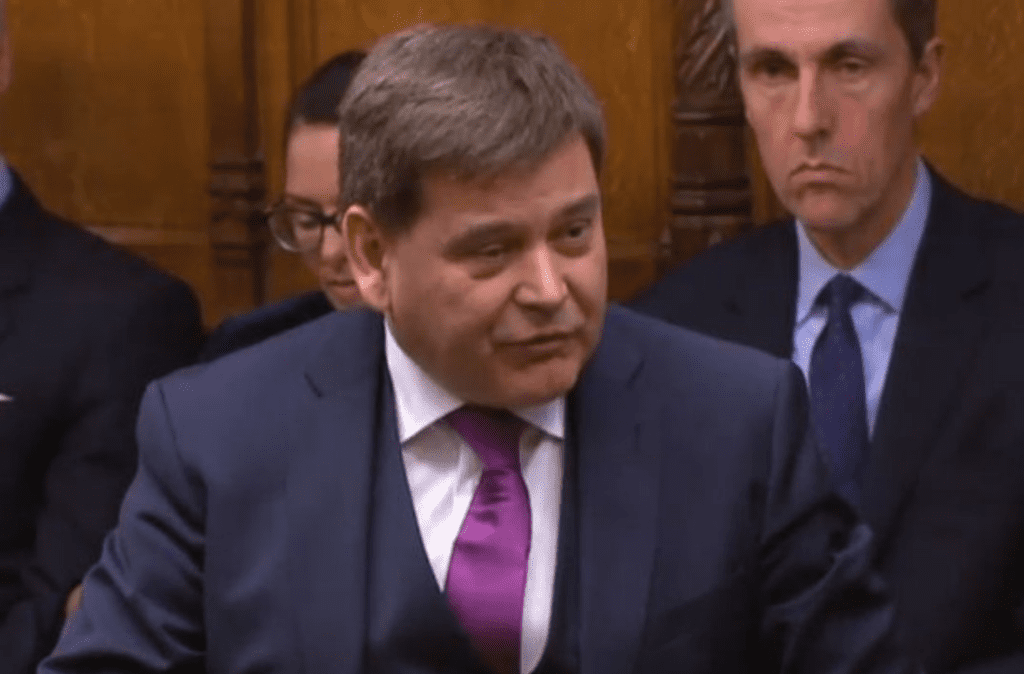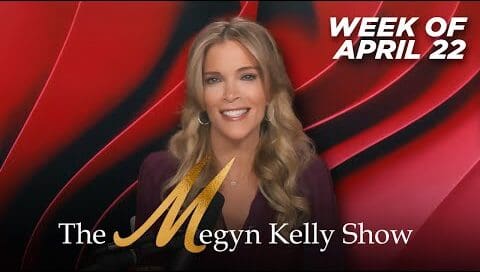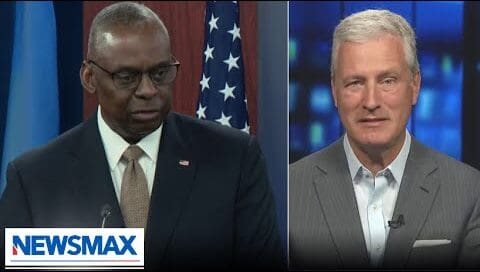

Merkel and Minsk
On 7th December, the German newspaper Die Zeit published an interview with Angela Merkel in which she discussed her political legacy, including the Minsk agreements. These were peace deals between Ukraine the Russian-backed separatists brokered by herself and Francois Hollande in 2014/2015.
In the interview, Merkel said something that has attracted widespread attention, prompting responses from several world leaders: “The 2014 Minsk agreement was an attempt to give Ukraine time.”
This, along with some of her other comments, has been interpreted as meaning that Merkel never intended to make peace between Ukraine and the Russian-backed separatists; she only wanted to give Ukraine time to build up its armed forces and prepare for a larger conflict.
Referring to Merkel’s comments, Vladimir Putin said, “It was absolutely unexpected for me. It’s disappointing … Trust almost dropped to zero.” This only shows, he went on to say, “that launching the SMO [Special Military Operation] was the right decision”.
Likewise, the Serbian President Aleksandar Vučić said, “Merkel’s statement is something that dramatically changes the state of things … If they could play like that with someone who is much stronger than us, so lie and deceive a country like the Russian Federation … it changes a lot for me.”
However, if you read all of what she said in the interview, it becomes clear that Merkel’s statement has been taken out of context.
Crucially, she begins by saying:
Let’s look at my policy towards Russia and Ukraine. I come to the conclusion that I made the decisions I made back then in a way that I can understand today. It was an attempt to prevent just such a war. The fact that this was not successful does not mean that the attempts were wrong.
Her interviewer responds, “But you can still find plausible how you acted in earlier circumstances and still consider it wrong today in view of the results.”
Merkel then says:
But that presupposes also saying what exactly the alternatives were at the time. I thought the initiation of NATO accession for Ukraine and Georgia discussed in 2008 to be wrong … the consequences of such a decision [had not] been fully considered … And the 2014 Minsk agreement was an attempt to give Ukraine time.
Her interviewer responds, “The aim was to gain time with a ceasefire in order to later come to a peace between Russia and Ukraine.”
Merkel then says:
It also used this time to get stronger, as you can see today. The Ukraine of 2014/15 is not the Ukraine of today. As you saw in the battle for Debaltseve in early 2015, Putin could easily have overrun them at the time. And I very much doubt that the NATO countries could have done as much then as they do now to help Ukraine.
So Merkel begins by stating that her policy towards Russia and Ukraine was an “attempt to prevent … war”. She then mentions that the first Minsk agreement was an “attempt to give Ukraine time,” which her interviewer interprets to mean “time with a ceasefire in order to later come to a peace between Russia and Ukraine”.
Merkel adds that Ukraine “also used this time to get stronger”. The use of “also” suggests she meant that the agreement had two effects: stopping the fighting long enough to broker a lasting peace deal; and allowing Ukraine to get stronger in the interim. She didn’t say it was purely a way of giving Ukraine time to prepare for a larger conflict.
Her comment that Ukraine “used this time to get stronger” could still be seen as gaffe, given how it has been deployed in the media by pro-Russian commentators. Perhaps it would have been prudent of her to refrain from giving them ammunition at such a diplomatically sensitive time.
Indeed, she may have said it for self-serving reasons – to make her own past decisions look more favourable to Ukraine. Recall that Petro Poroshenko, the former Ukrainian President, has repeatedly justified his decision to sign the second Minsk agreement using the same line of argument.
There’s another reason to doubt that Merkel never intended to make peace: if she knew a larger conflict was coming, why did she go ahead with Nord Stream 2? Later in the interview, Merkel states that refusing to proceed with the pipeline in “combination with the Minsk agreement” would have “dangerously worsened the climate with Russia”. This again suggests she believed that peace was possible.
It’s also worth noting that in a November interview with Der Speigel, Merkel said she had “wanted to establish an independent European discussion format with Putin again” in the summer of 2021. Though her efforts went nowhere “because everyone knew [she] would be gone in the fall.”
Whether the Minsk agreements could have prevented war is a matter for debate. But the claim that Merkel only ever saw them as a way of delaying war is not supported by her recent comments.







